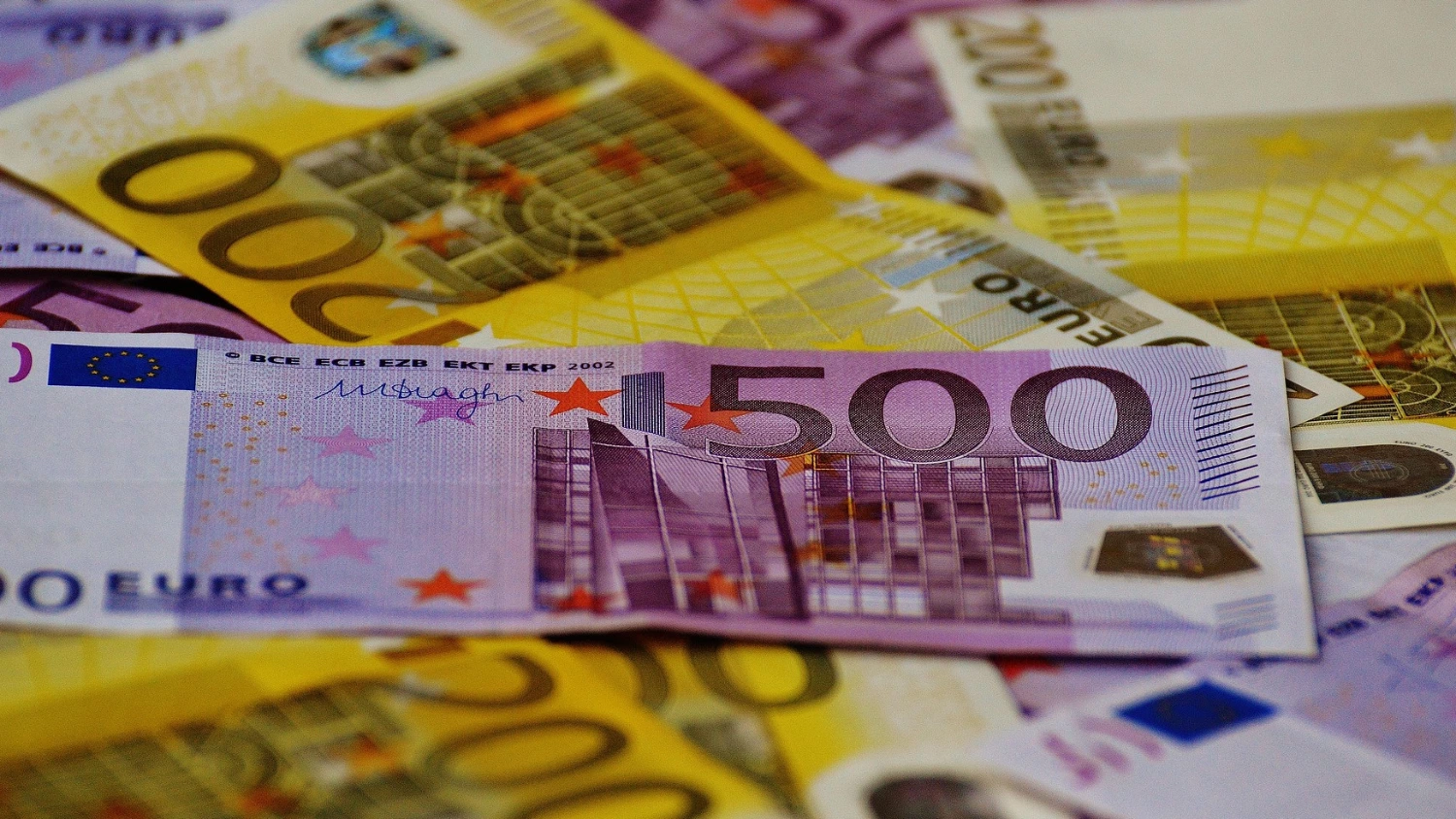In order to transform their business towards a circular model, over half of the surveyed companies (59%) say they have developed or are in the advanced stages of developing a strategy in the field, which includes various measures, from general actions, such as energy transition (80%) and emissions accounting (62%), to those specific to the circular economy, such as extending product lifecycle (53%), packaging and the origin of materials (49%), optimizing the use of resources (46%) or ecodesign (39%). On the other hand, communication, information and “education” of stakeholders – from employees and suppliers to the end consumer – are at the top of the transition strategies this year, according to the study.
Regarding investment plans for the transition to the circular economic model, reducing packaging and packaging waste (67%) and optimizing technological processes to increase the viability of raw materials (67%) lead the list of priorities, followed by creating packaging recovery systems for reuse (51%) and reducing the use of plastic (44%). On the other hand, research and development, innovation and ecodesign activities are relevant in the investment plans of less than four out of ten respondents, although they are the starting point for the sustainable transformation of the way companies produce and sell goods.
The sources of financing that companies use are diverse and complementary, ranging from own sources, mentioned by 70% of respondents, to EU funding (27%), private equity (22%) and bank loans (15%). Regarding expectations on how the state support instruments in the circular economy field should evolve in the future, respondents primarily mentioned debureaucratization of procedures (66%) and diversification of instruments (65%), as well as the increase in the value of current instruments (28%).
“With increasingly dense European and local regulations, but also as a response to the persistent effects of last years' crises along the supply chains and in internal planning and resource allocation processes, companies in Romania are starting to consider circular economy as a medium and long-term solution. They are taking various actions, but for sustainable results, a better systematization of the steps is needed. For example, over half of the respondents are still focusing on measures at the end of the product life cycle, such as waste collection and recycling or buy-back systems, but there are far fewer who make ecodesign a priority, which would extend the life of products and contribute to reducing resource consumption and the amount of waste in general. Moreover, the need for expertise and professionals to systematically coordinate business transformations is starting to be experienced on a larger scale among respondents (67%), most of whom declare that they have hired or intend to hire experts,” stated Adrian Teampău, Director, Circular Economy Advisory, Deloitte Romania.
Most respondents currently think that circularity has still moderate influence on consumer decisions, but this argument is expected to gain momentum in the coming years, including as a result of companies' communication and education efforts. On the same note, over half of the study participants (57%) emphasized the importance of specific employee training through training programs adapted to their activity, which should get them familiar with concepts such as the environmental footprint of the business, energy efficiency, resource sustainability, etc.
“Circular economy is one of the pillars of the sustainable transition, and new reporting requirements under the Corporate Sustainability Reporting Directive (CSRD) take the effort to understand and plan business transformation to a higher level. It is no coincidence that the energy transition and emissions accounting are strongly positioned as top priorities for companies in all industries, and new areas, such as communication, information and education of stakeholders are also climbing on the priorities' list. These are all positive developments, which must, however, be accelerated, given Romania's still modest performance in the circularity field, as well as the CSRD compliance calendar,” stated Ovidiu Popescu, Partner, Deloitte Romania, Leader of the sustainability and energy practices.
From a supply chain perspective, less than half (46%) of respondents have implemented a supplier assessment procedure in terms of meeting sustainability criteria. Of these, over two-thirds (69%) say they have also included circular economy-specific criteria in the procedure.
The Deloitte study “Circular Economy. Perception and the Implementation Stage in Romania 2024” is based on a survey among approximately one hundred companies on the local market, entrepreneurial businesses or subsidiaries of multinational corporations, mostly from the manufacturing and service sectors, as well as from retail, consumer goods, energy, construction, agriculture, and pharma, having as respondents representatives of sustainability departments and top management teams.










